When I first adopted Max, my lovable Labrador, I had no idea how much I would learn about his nutrition—and how much it would impact his overall health. I was like many dog owners, trying to balance his love for food with his health needs. But it wasn’t until we faced some digestive issues and skin irritations that I truly understood the importance of the right nutrients. That's when I began experimenting with homemade dog food, and the results were nothing short of amazing.
Homemade dog food has been a game-changer for Max, and it could be for your dog too. But what exactly should be in a healthy dog diet? Let me guide you through the essential nutrients your dog needs for a balanced, healthy life.
1. Protein: The Building Block for Strong Muscles and Healthy Skin
Protein is one of the most important building blocks in your dog's diet. It supports muscle growth, skin health, and even immune function. Dogs are omnivores, so they need a variety of protein sources to ensure a balanced intake of amino acids.
Max’s favorite proteins are chicken, turkey, and beef. But I also rotate in fish, like salmon, which provides Omega-3 fatty acids that keep his coat shiny and smooth. When preparing homemade dog food, try to include a variety of proteins to give your dog the best mix of amino acids. Beef, chicken, lamb, and fish are excellent options.
How Much Protein Should Your Dog Have?
The general guideline is that protein should make up around 18-30% of your dog’s daily diet, depending on their age, size, and activity level. If you have a dog like Max, who is active and loves to run, you may need to add more protein to their meals.
2. Carbohydrates: The Energy Source Your Dog Needs
Just like us, dogs need carbohydrates for energy. However, unlike kibble-based foods packed with grains that can cause spikes in blood sugar, homemade dog food allows you to choose the right type of carbs—those that are easy to digest and provide steady energy.
Max loves sweet potatoes and brown rice. These are high in fiber and provide lasting energy throughout the day. You can also try quinoa or oats, which are low-glycemic and gentle on your dog's tummy.
How Much Carbs Does Your Dog Need?
Carbs should make up around 30-40% of your dog’s diet, depending on their specific needs. The key is to find complex carbs like brown rice, oats, and potatoes that are slower to digest and provide a steady source of energy.
3. Fats: For a Shiny Coat and Healthy Brain
Fats are often misunderstood, but they are vital for your dog’s overall health. They provide energy, support the absorption of fat-soluble vitamins (like A, D, and E), and promote healthy skin and a shiny coat.
Max’s coat has never been shinier since I started incorporating healthy fats into his diet. I use fish oil, which is rich in Omega-3s, and I also add a little bit of coconut oil for added shine and health benefits. These fats also support his brain function and are especially beneficial for older dogs.
How Much Fat Does Your Dog Need?
Healthy fats should make up 8-15% of your dog’s diet. Keep in mind that a little fat goes a long way, so be sure not to overdo it.
4. Fiber: For Healthy Digestion and Weight Control
Fiber plays an essential role in your dog’s digestion, and it helps keep their weight in check. High-fiber foods like pumpkin, sweet potatoes, and carrots can regulate bowel movements and prevent constipation.
Max sometimes struggles with his digestion, so I make sure to add fiber-rich foods to his meals. I noticed a significant improvement in his stool consistency and energy levels once I included fiber in his diet.
How Much Fiber Should Your Dog Have?
Fiber should make up about 2-5% of your dog’s diet, but this can vary depending on your dog’s digestive needs. If your dog has a sensitive stomach, a little extra fiber may help them feel more comfortable.
5. Vitamins and Minerals: The Micro-Nutrients for Overall Health
Vitamins and minerals are essential for your dog’s immune system, bone health, and overall wellness. These micro-nutrients work in the background to ensure your dog’s body functions at its best.
Some key vitamins and minerals include Vitamin A (for vision), Vitamin D (for bone health), calcium (for bones and teeth), and magnesium (for muscle and nerve function). While high-quality meat and vegetables will provide a lot of these vitamins and minerals, it’s still important to use supplements to fill in any gaps.

I’ve learned through trial and error with Max that a well-balanced homemade meal plan, tailored to his specific needs, makes all the difference in his health and energy. If you’re struggling with the same concerns or if your dog has special dietary needs, working with a coach can make a huge difference.
Looking for More? Check Out My Book, DIY Dog Supplements!
If you're looking for easy and affordable solutions to boost your dog's nutrition, DIY Dog Supplements: Easy and Affordable Solutions for Optimal Canine Health is the perfect companion to this article. It offers a variety of supplement recipes that you can make at home to ensure your dog gets the vitamins, minerals, and nutrients they need to thrive. From joint health to digestive support, this book provides simple ways to create homemade supplements for your furry friend. Grab your copy today and start supporting your dog’s health from the inside out!
Max's Tip for You: How to Get Started
As you can see, preparing homemade dog food is an investment in your dog’s long-term health. When I first started this journey with Max, I didn’t know what I was doing. But now, I can confidently say that the homemade meals I prepare for him make all the difference in his energy, health, and happiness.
Remember, each dog is unique. What works for one dog might not work for another, and that’s why a personalized meal plan is so important.
If you want to get started with homemade dog food but need help crafting a balanced meal plan tailored to your dog’s unique needs, I’d be happy to assist! My coaching program offers personalized guidance to ensure your dog’s diet is both healthy and delicious.




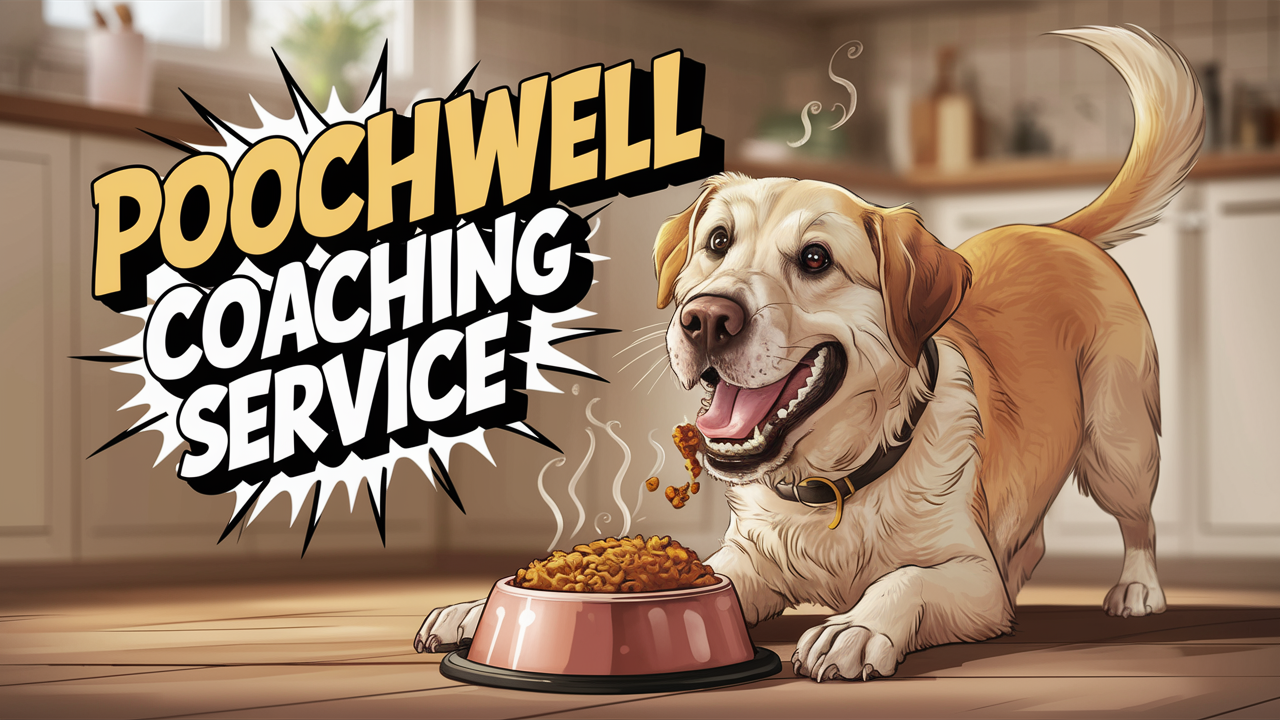


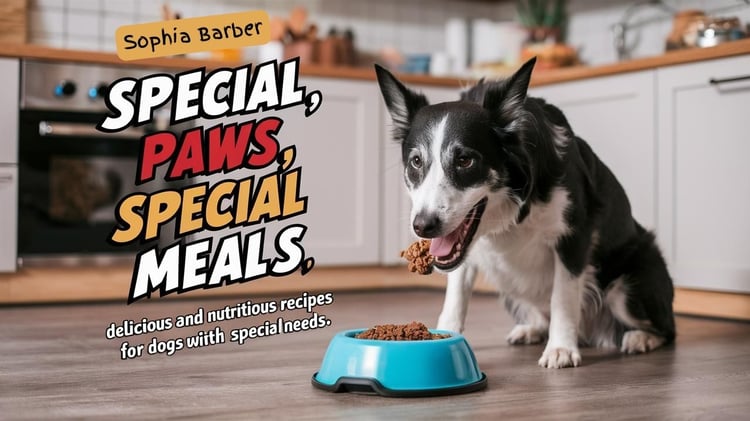
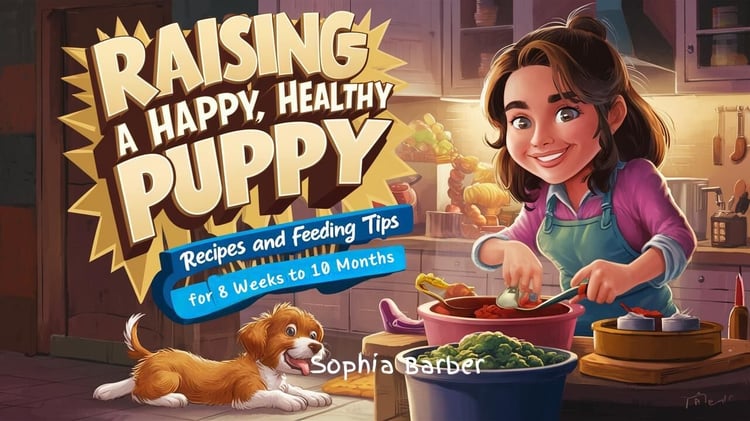
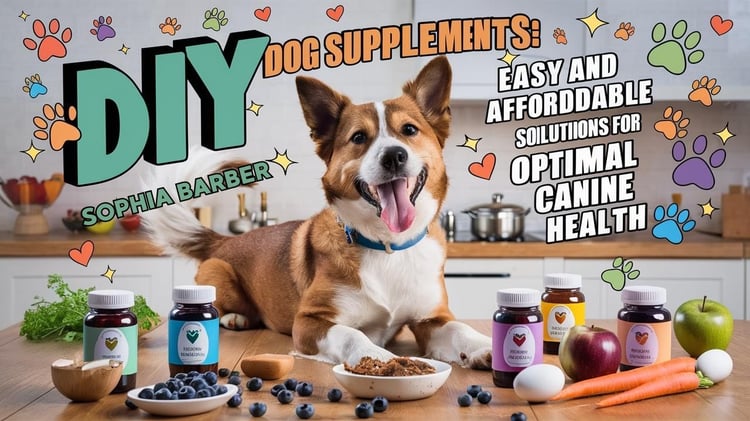






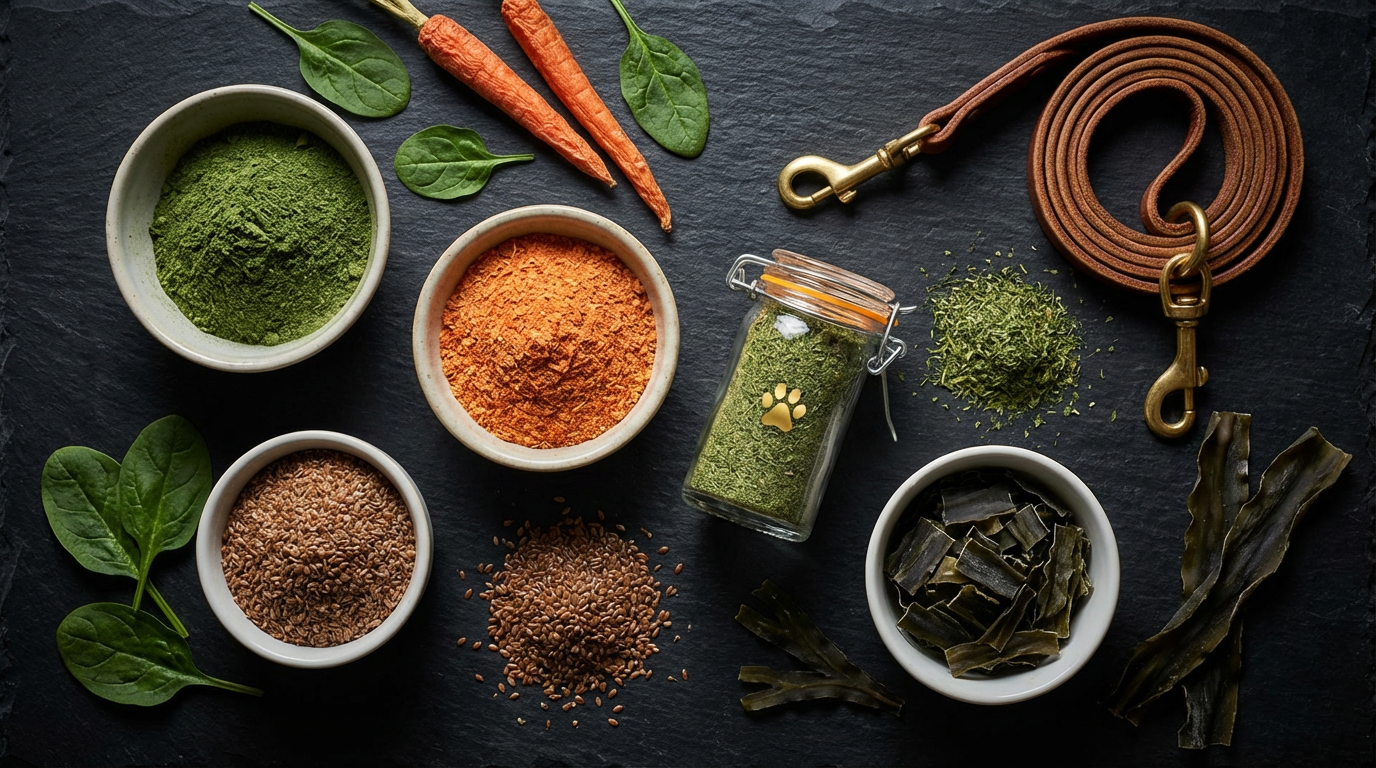
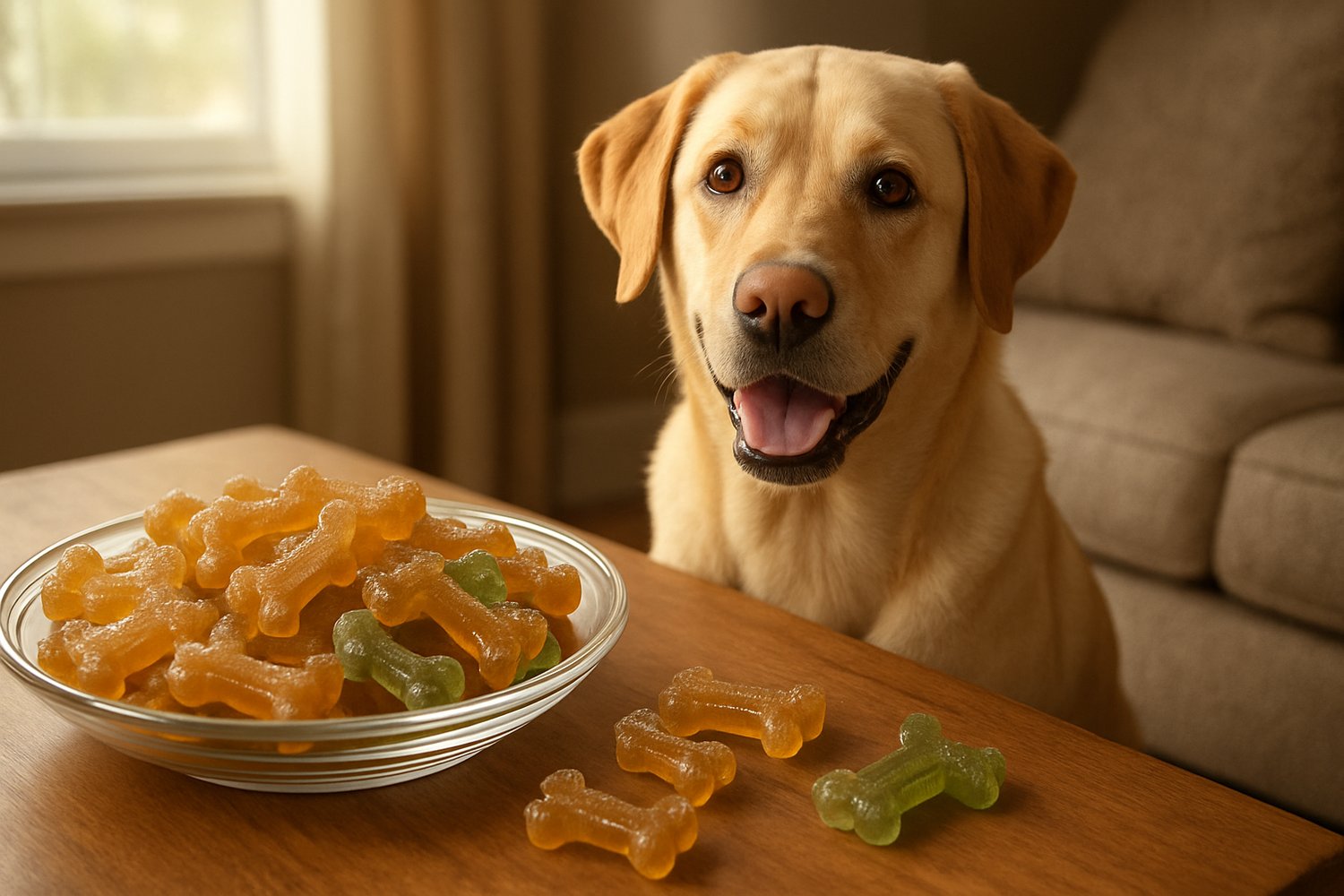

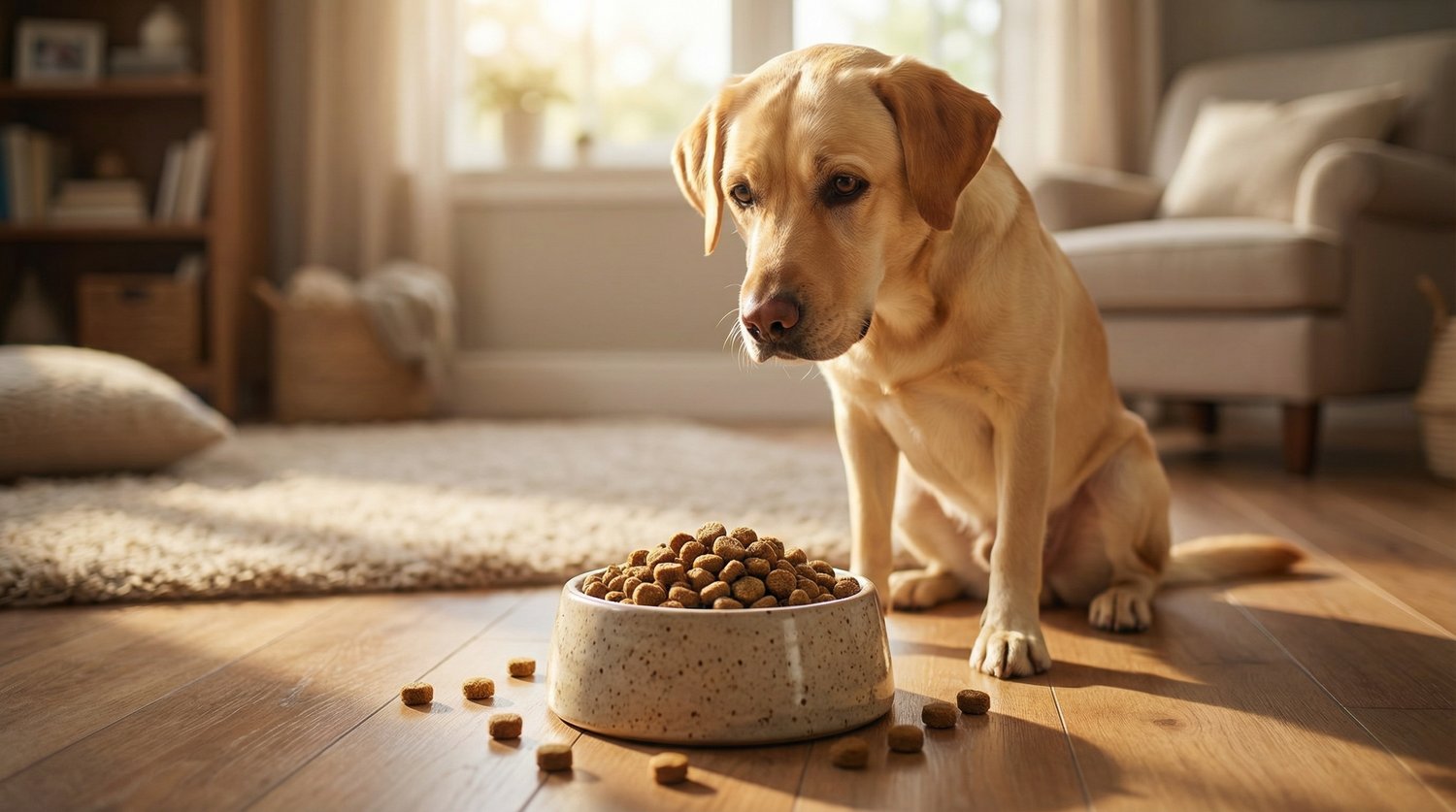


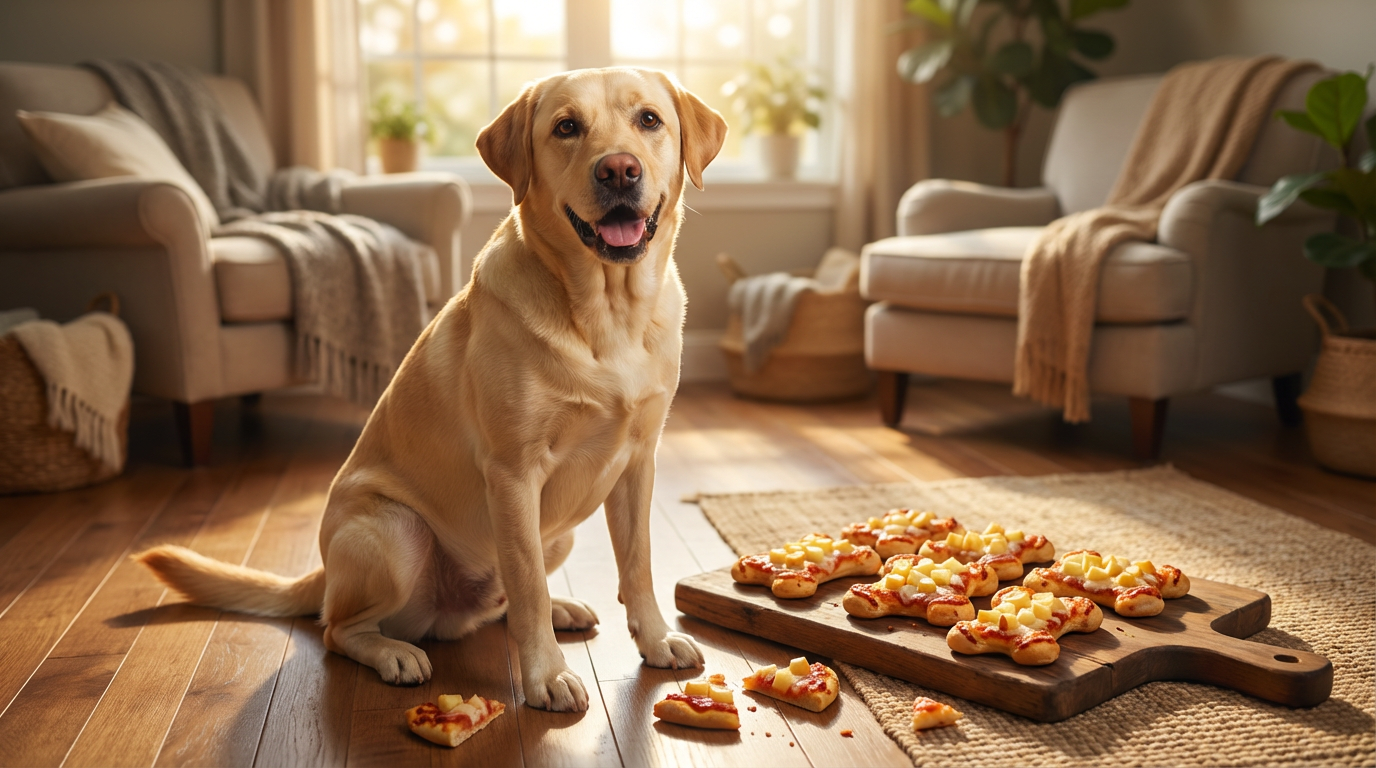
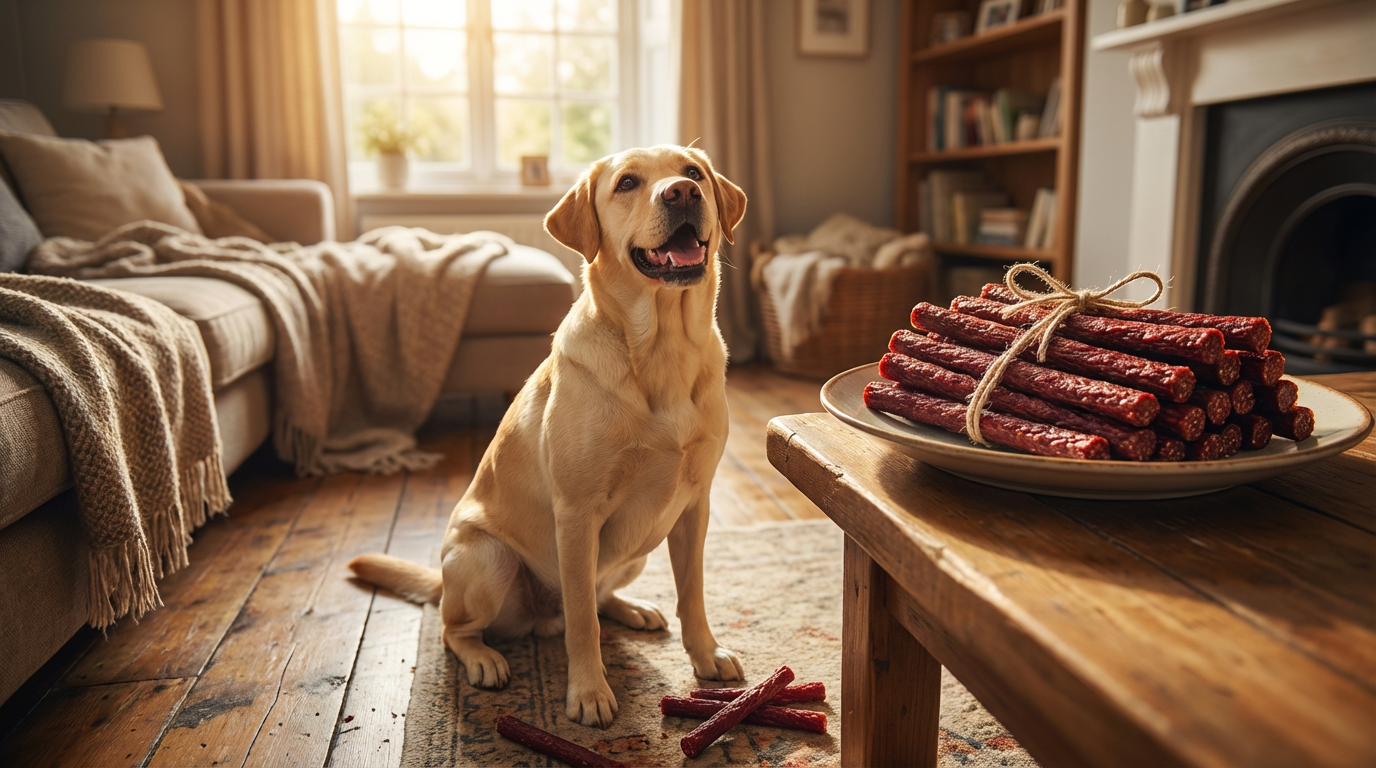
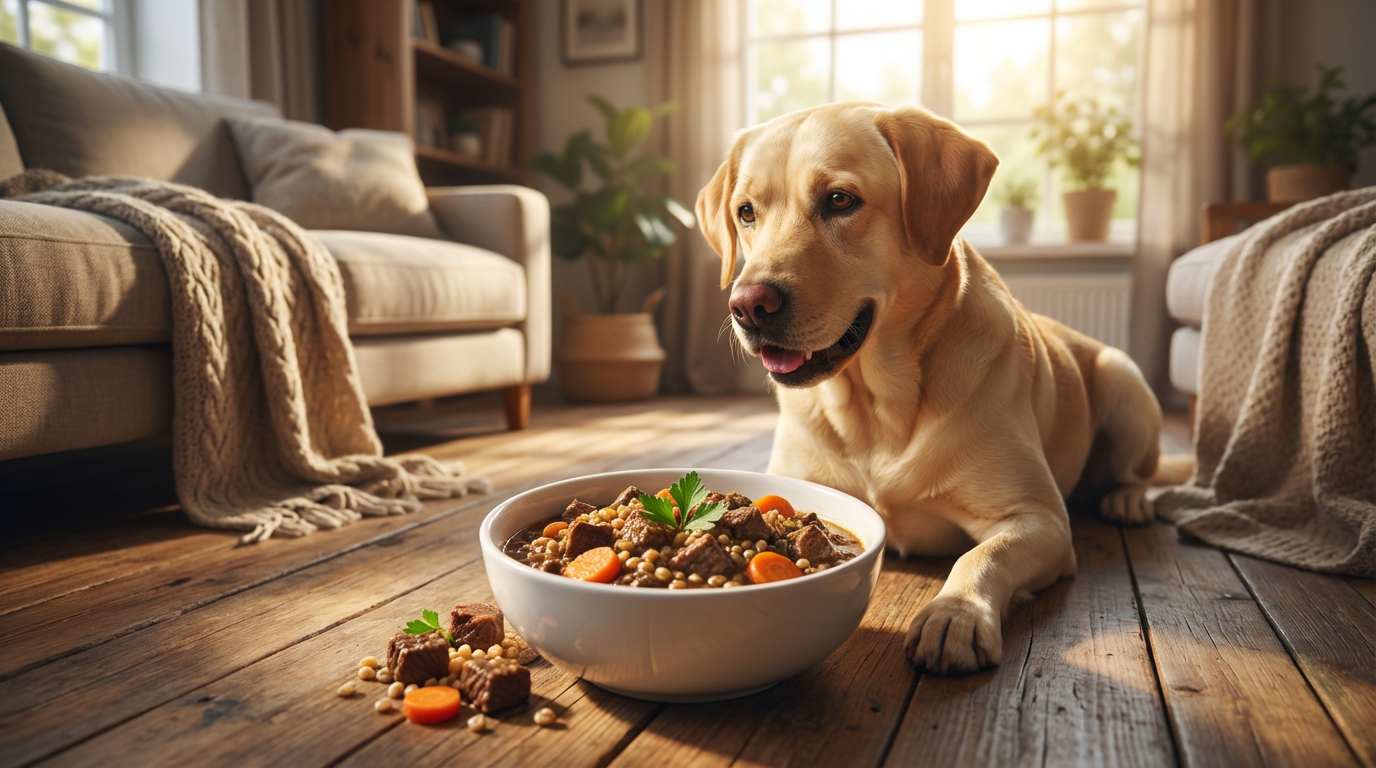
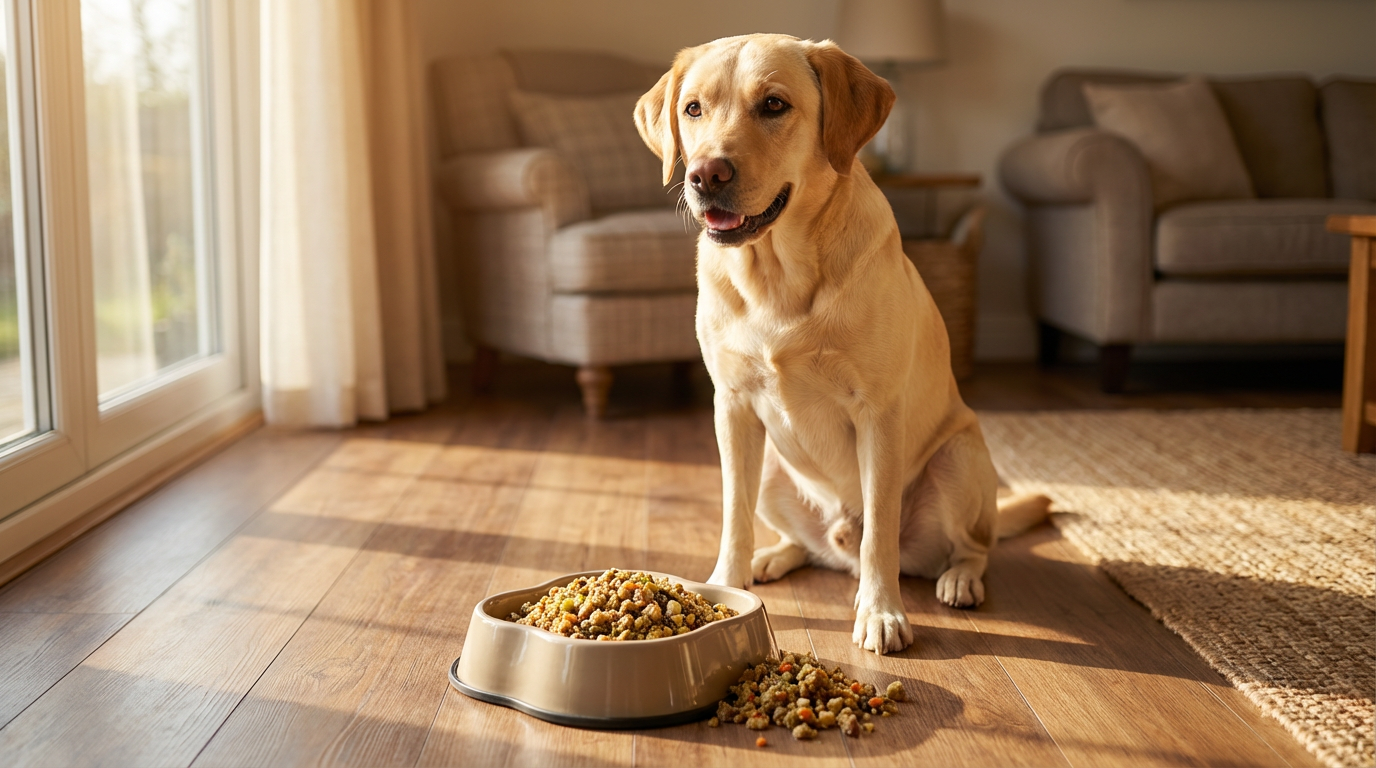

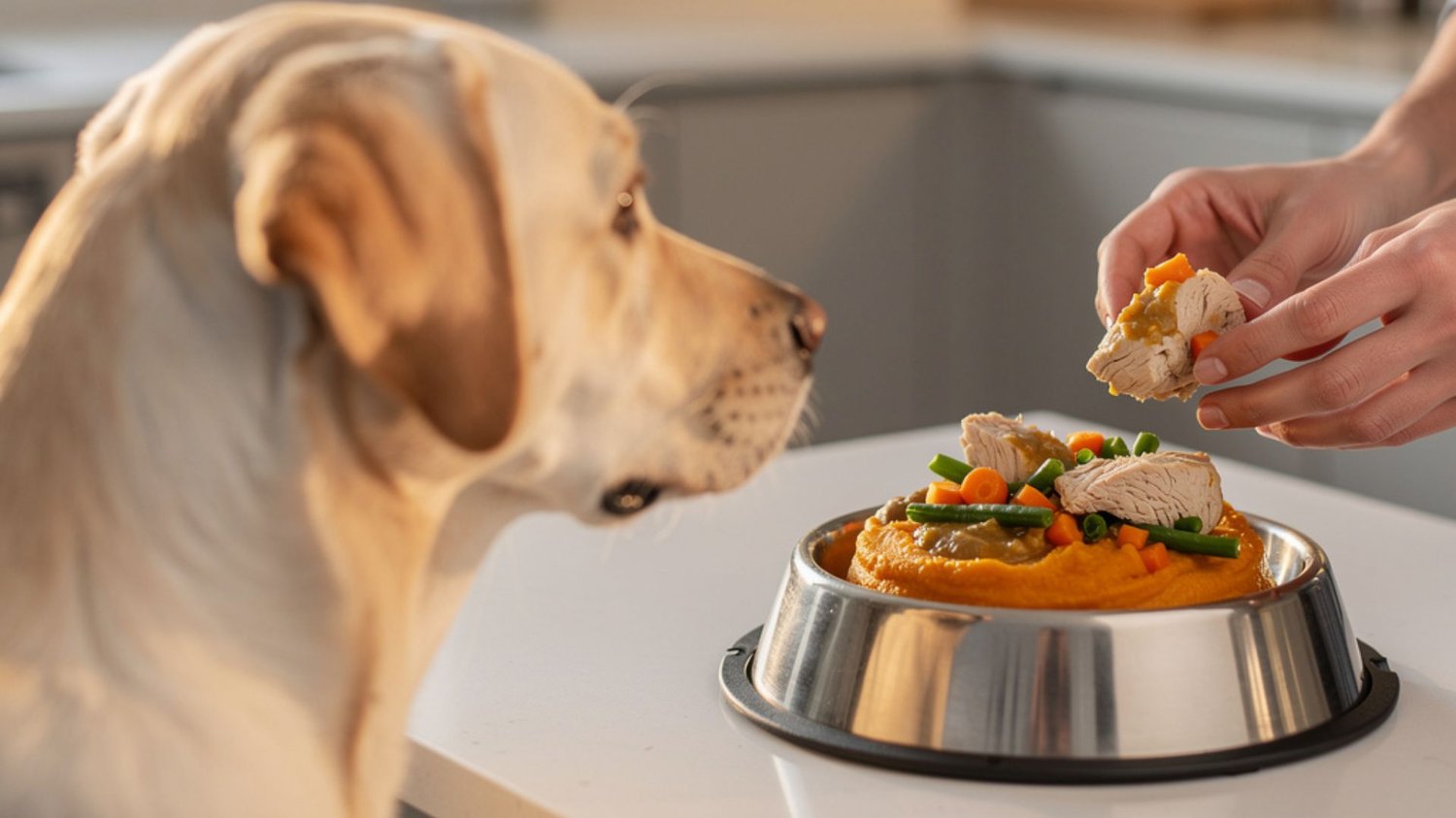

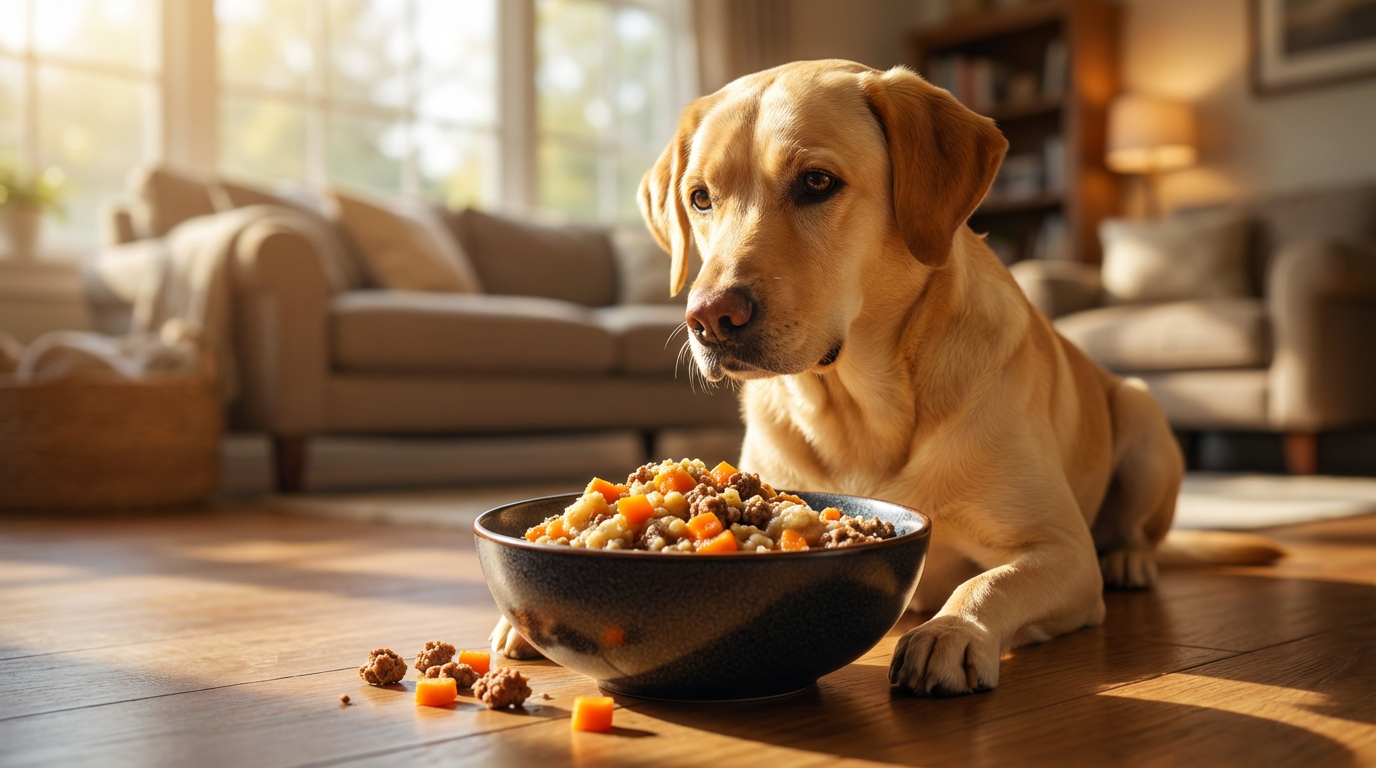
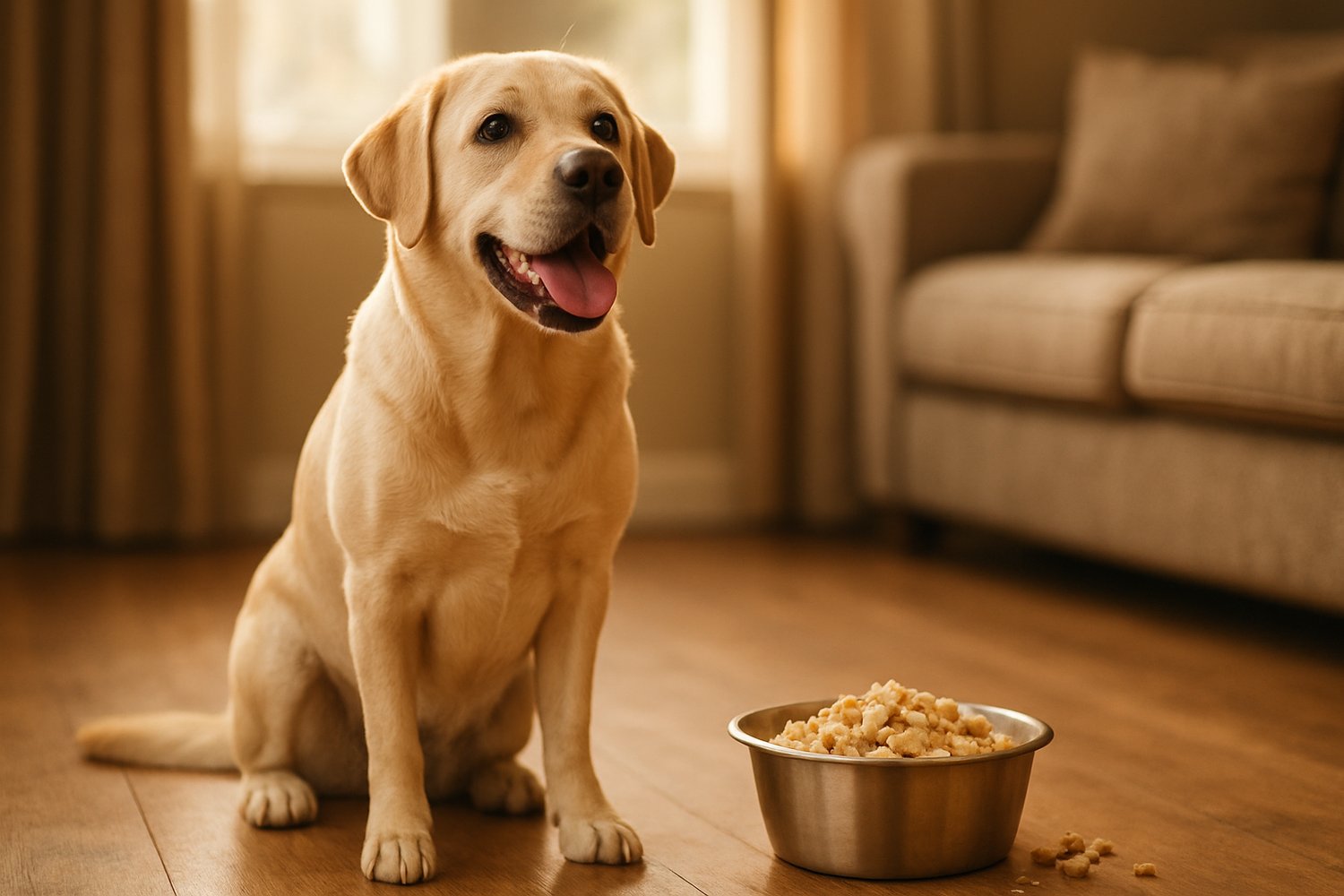

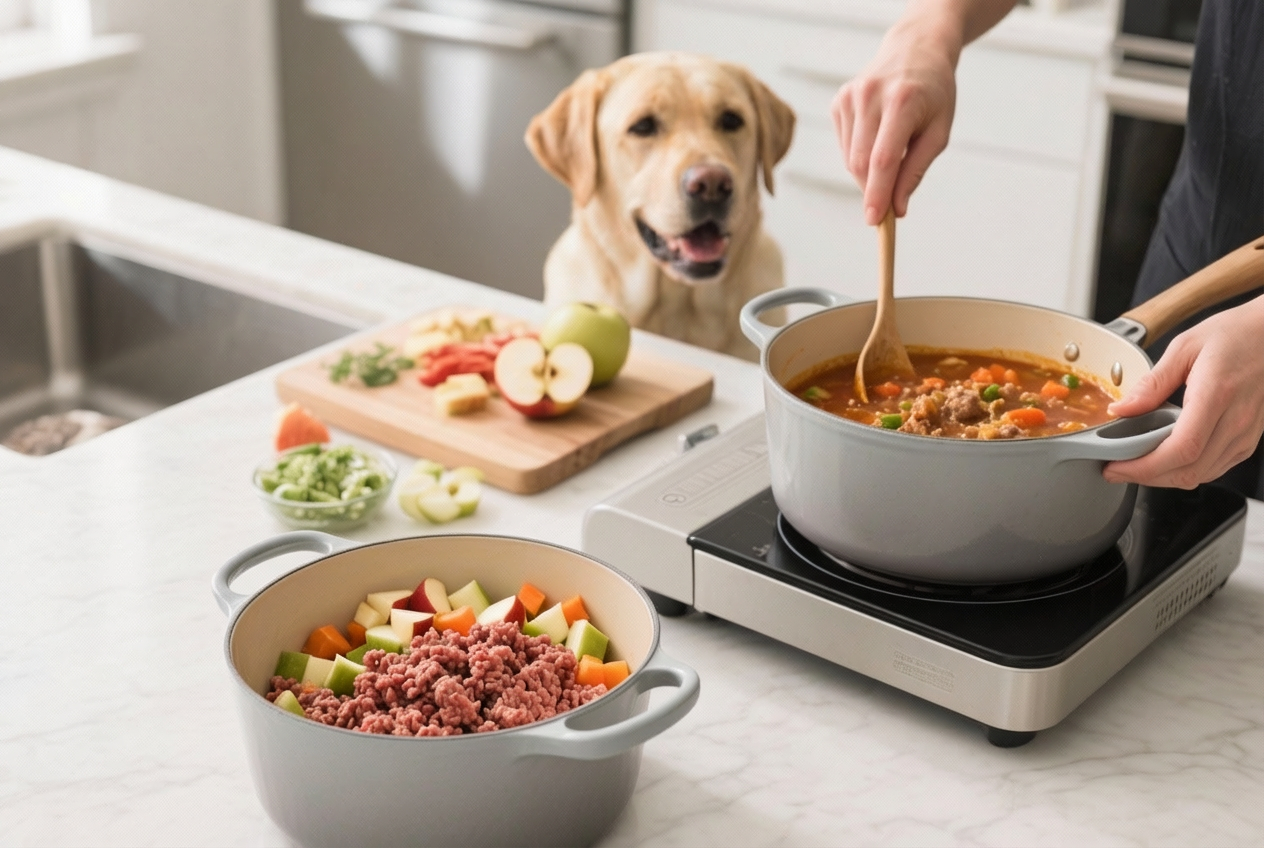


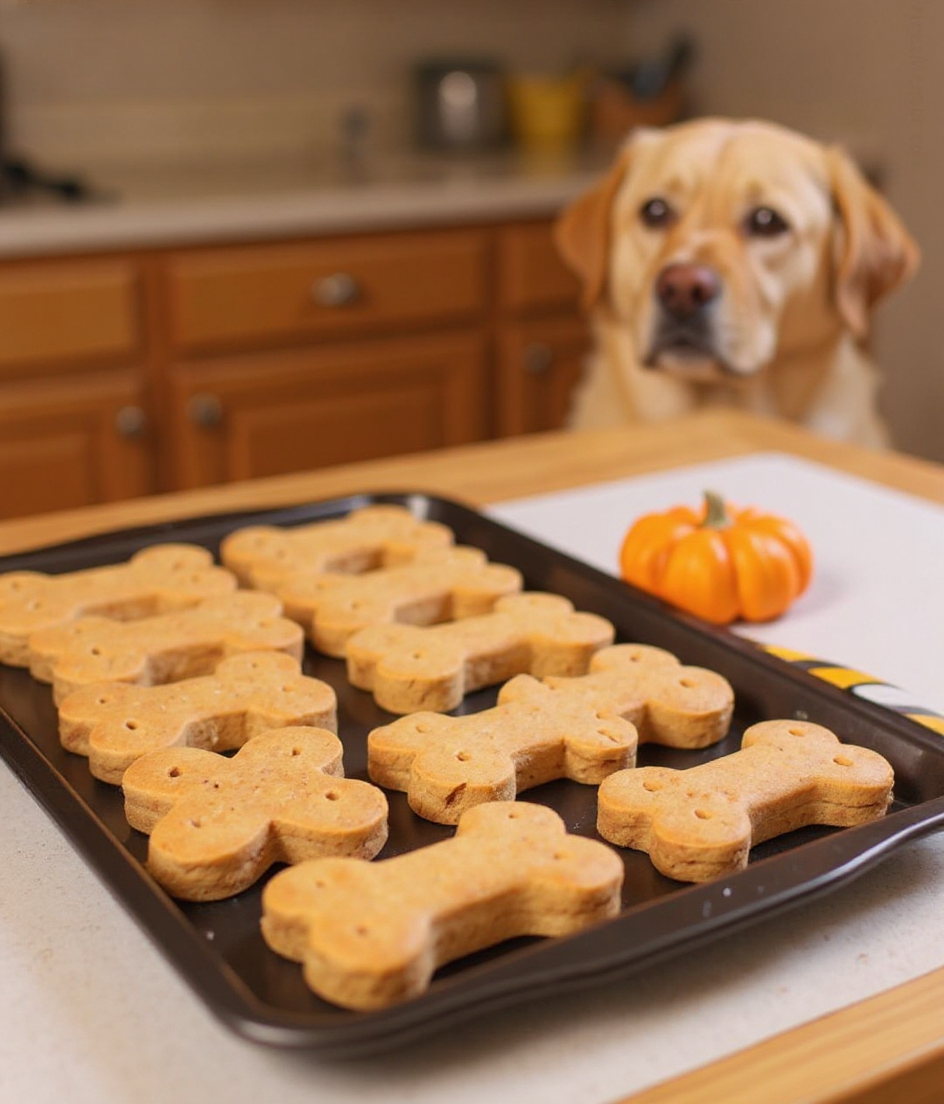


Comments ()